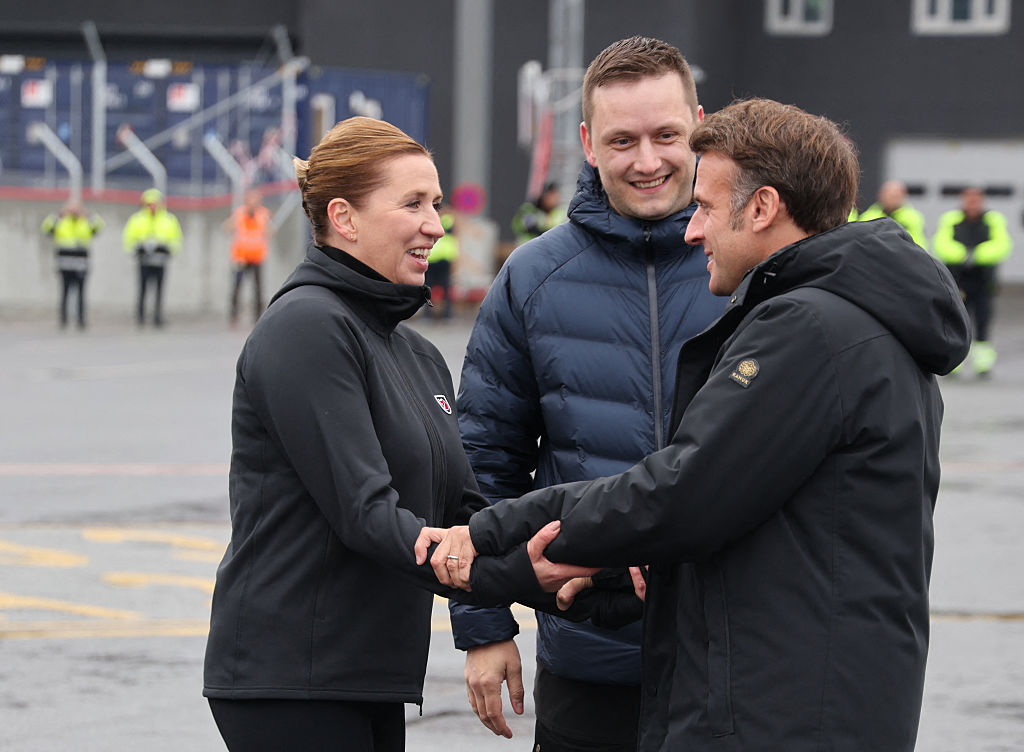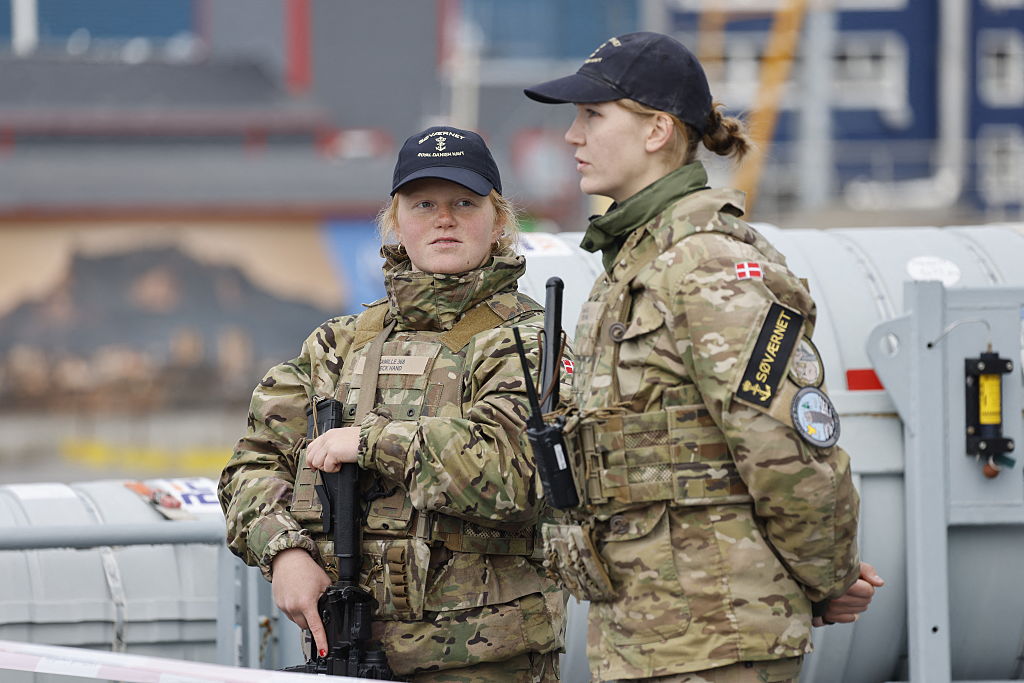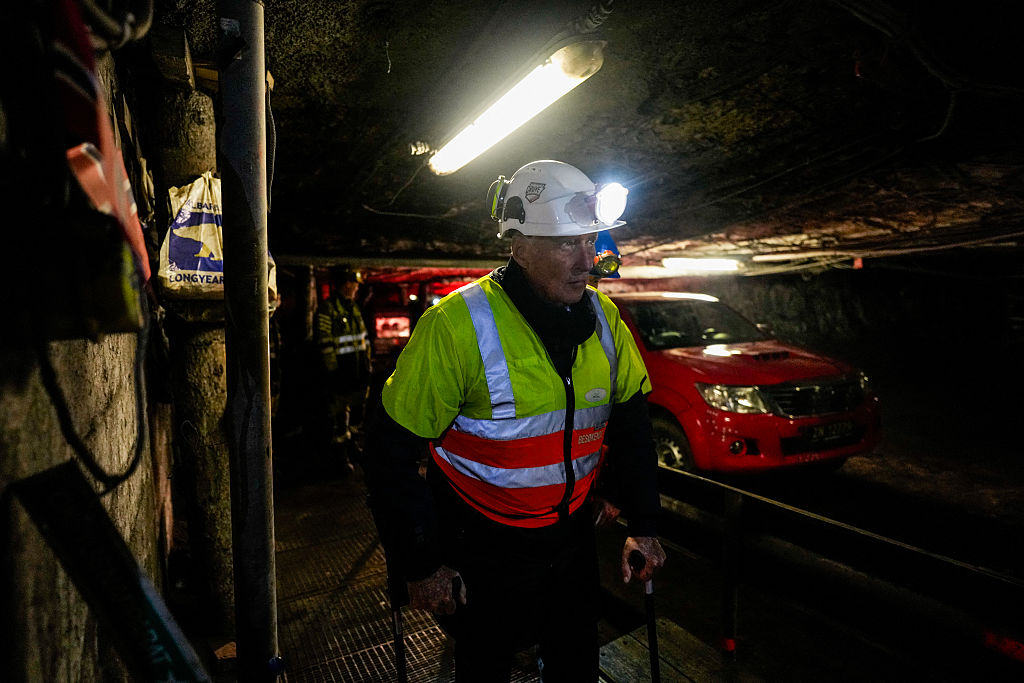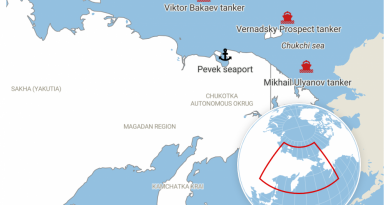Europeans step up Arctic diplomacy amid U.S. and global pressure

Amid rising global and U.S. pressure over Arctic affairs, European nations are stepping up their diplomatic efforts in the region.
In recent days, a flurry of high-profile visits has marked this shift, including a new letter of intent signed between Iceland and France. The agreement, finalized last week, focuses on security challenges in the Arctic and deepening both countries’ NATO commitments.
“Excellent strategic dialogue between [Iceland] and [France] this week in Reykjavík on security in the North Atlantic and the Arctic, NATO, support for Ukraine, and strengthening our bilateral cooperation, among other topics, marked by the signing of a Letter of Intent,” Alexandre Escorcia, director for European, North American, and multilateral affairs at the French Ministry for the Armed Forces, said on X on Friday.
Excellent dialogue stratégique entre 🇮🇸 et 🇫🇷 cette semaine à Reykjavík sur la sécurité en Atlantique Nord et dans l’Arctique, l’OTAN, le soutien à l’Ukraine, et le renforcement de notre coopération bilatérale entre autres sujets, marqué par la signature d’une Lettre d’intention. pic.twitter.com/xySErH0zl6
— L’Islande à Paris 🇮🇸 (@IcelandinParis) June 13, 2025
The French delegation also toured Iceland’s Keflavík Air Base.
The talks also focused on Iceland’s growing emphasis on security and defense, including the development of the country’s first national defense and security policy, Iceland’s Ministry for Foreign Affairs said in a statement.
No longer business-as-usual in the North
Arctic nations have grown increasingly concerned about the shifting balance of power in the region, especially since the war in Ukraine and Russia’s continued militarization of the Arctic.
Meanwhile, China’s expanding presence, fueled by its ‘Polar Silk Road’ ambitions, is intensifying tensions, with Western sanctions on Russia pushing Beijing and Moscow closer together. On top of that, former President Donald Trump’s persistent rhetoric on claiming Greenland have put Arctic nations, and the West more broadly, that on notice that’s no longer business as usual in the North.
The signing of the Letter of Intent was part of a broader surge in European diplomatic activity in the Arctic in recent days.

On June 15, French President Emmanuel Macron visited Greenland, where he met with Danish Prime Minister Mette Frederiksen and Greenlandic Prime Minister Jens-Frederik Nielsen to reaffirm Europe’s solidarity in the face of U.S. ambitions for the territory.
“The situation in Greenland is clearly a wakeup call for all Europeans,” Macron said in a report by Reuters news wire service. “Let me tell you very directly that you’re not alone.”
Macron’s visit came amid mounting tensions over U.S. plans for the Arctic.
Last week, Denmark ave the green light for U.S. military bases on its soil, deepening Arctic security ties with Washington. A move that came despite ongoing tensions over former President Donald Trump’s continued wish to take control of Greenland. Danish Foreign Minister Lars Løkke Rasmussen told lawmakers at the time that Denmark could scrap the deal if the U.S. ever attempts to annex any part of Greenland.

Meanwhile, also last week, U.S. Defense Secretary Pete Hegseth seemed to confirm that the Pentagon has contingency plans to seize Greenland by force if needed.
Democrats on the House Armed Services Committee pressed Hegseth for answers on military plans for Greenland. When Rep. Adam Smith (D-Wash.) asked directly if the Pentagon had plans to take Greenland by force, Hegseth deflected, saying, “Our job at the Defense Department is to have plans for any contingency.”
Norwegian monarch travels to Svalbard
And a day after Macron’s visit to Greenland, Norway’s King Harald and Queen Sonja visited Svalbard to reinforce Norwegian sovereignty over the strategically crucial islands.
“We see an increased interest in the Arctic and Svalbard,” he said in an AP report on Monday. “This creates challenges as well as possibilities.”

Norway’s control over Svalbard is backed by the 1920 Svalbard Treaty and international law, giving it full authority over the archipelago, its waters, and airspace. But as part of the Treaty, Norway must allow other signatory countries equal access to things like fishing, hunting, and commercial activities, though Norway still regulates how it’s done.
Russia, a signatory to the treaty, has small settlements on Svalbard including Barentsburg and Pyramiden.
China, also a signatory, has a significant research interest in Svalbard and operates the Yellow River Research Station in the town of Ny-Ålesund.
Comments, tips or story ideas? Contact Eilís at eilis.quinn(at)cbc.ca
Related stories from around the North:
Canada: Five things to know about Canada’s plan to meet the NATO defence spending target, CBC News
Denmark: Denmark approves US military bases on Danish soil as Trump eyes Greenland, The Associated Press
Finland: US, Norwegian forces in Lapland for rapid reinforcement exercise, The Independent Barents Observer
Iceland: Iceland’s FM announces defence review, calls revamped security policy ‘urgent’, Eye on the Arctic
Norway: Macron visits Greenland show European support for Arctic island coveted by Trump, Reuters
Russia: Drone attack on Russian warplanes, including in Arctic, serious blow to strategic arsenal, The Associated Press
Sweden: Nordic-Baltic region joins forces around Sweden’s CV90, The Independent Barents Observer
United States: White House releases U.S. Arctic strategy implementation plan, Eye on the Arctic



